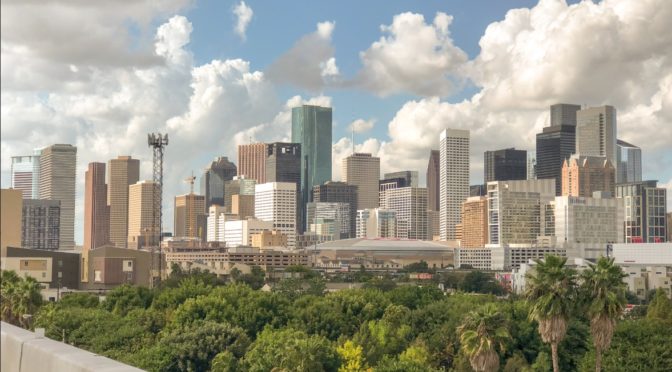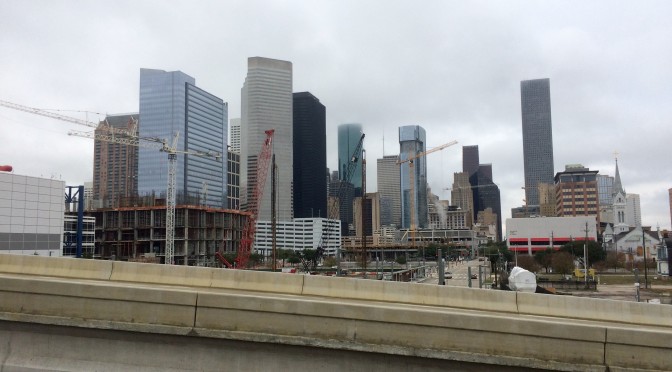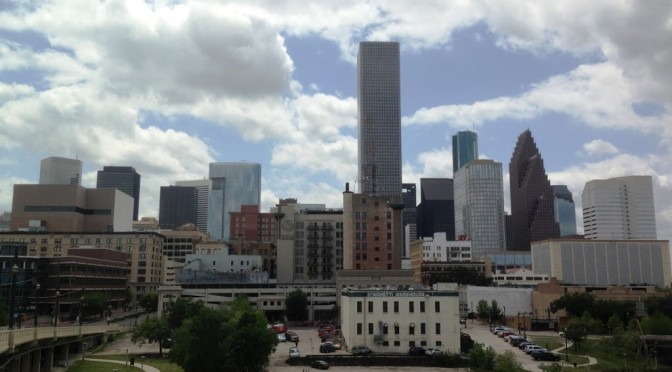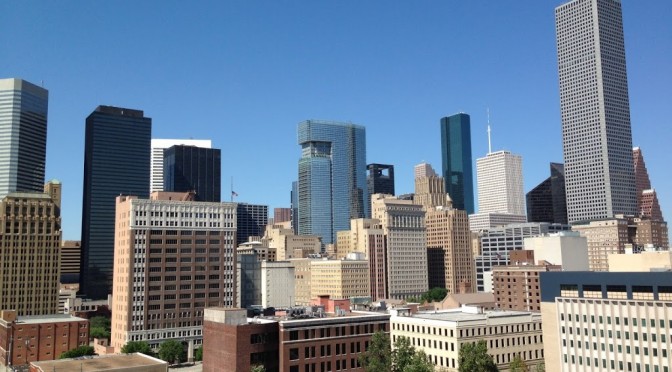
In Texas, we talk alot about the "Big D". But it might just be time to up the conversation about the "Big H".
According to the UK based
Globalization and World Cities Research Network, the leading academic think tank on cities in globalization, the city of Houston has been doing some B-I-G things of late. So …
Continue Reading ›› 
Whether young or old, rich or poor, anyone in the city of Houston within the last year or so has at least one shared experience... We've all had to endure massive amounts of residential and commercial construction. At the start of 2015,new construction projects are likely to hit their peak, with many hoping to reach …
Continue Reading ›› 
Houston has been all over the Forbes list lately, having been recently named the nation's "Coolest City" (which clearly means they didn't visit in June). But one thing is for sure in the Bayou City right now... the business climate is red-hot, and very favorable for female founders. Houston lands on Forbes' latest …
Continue Reading ›› 
Houston seems to be a favorite subject of national media these days. But perhaps it's good hear about the Houston economy from those that are actually living it day to day. Here are six reasons I think Houston's economy is working so well...
1)
Houston didn't have much of … Continue Reading ››
A Voice for the Rest of Texas



